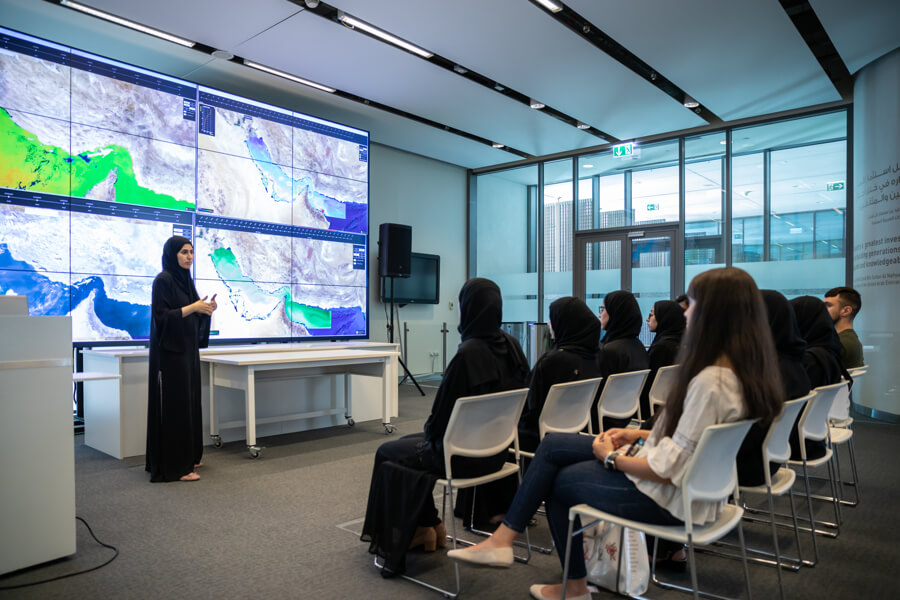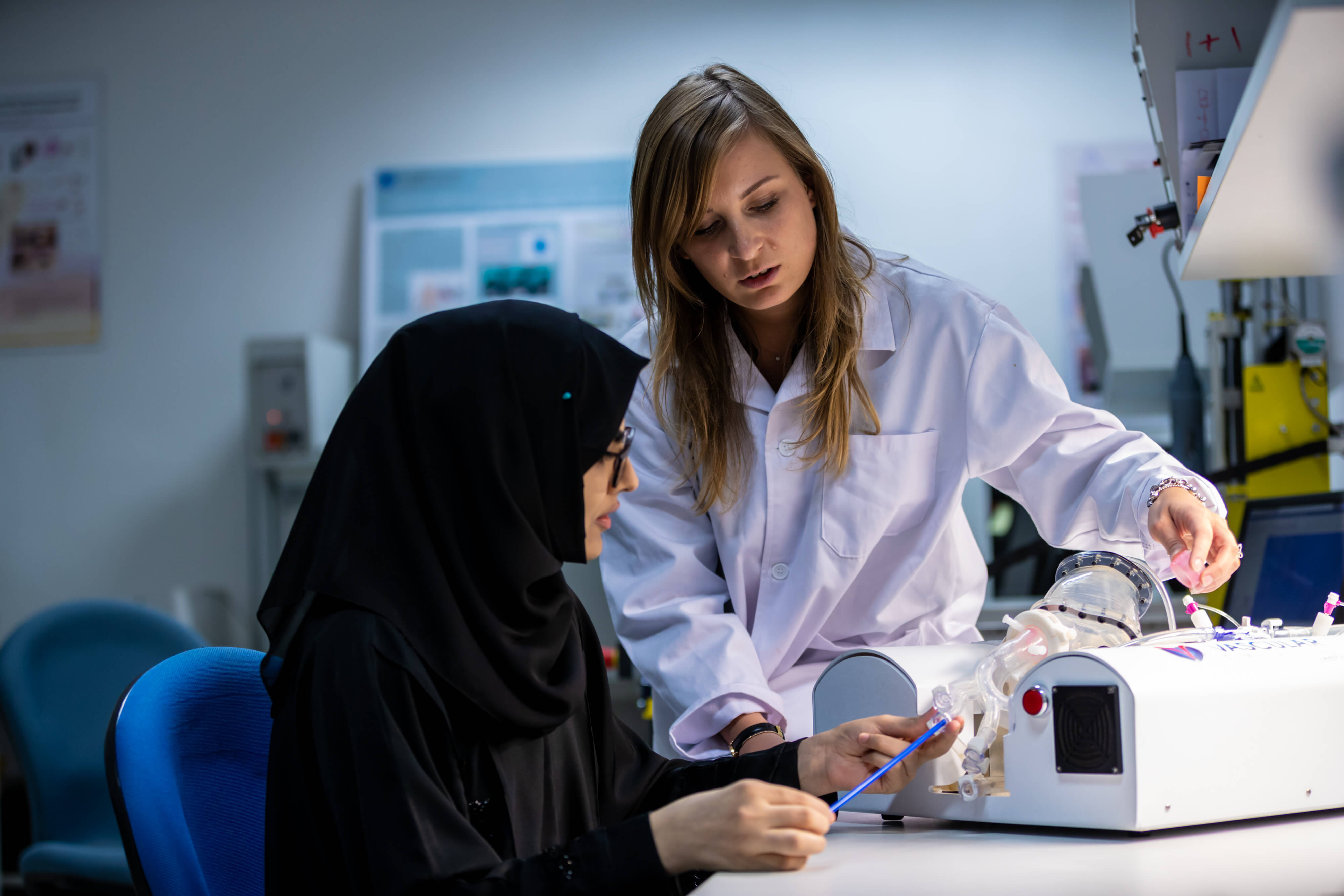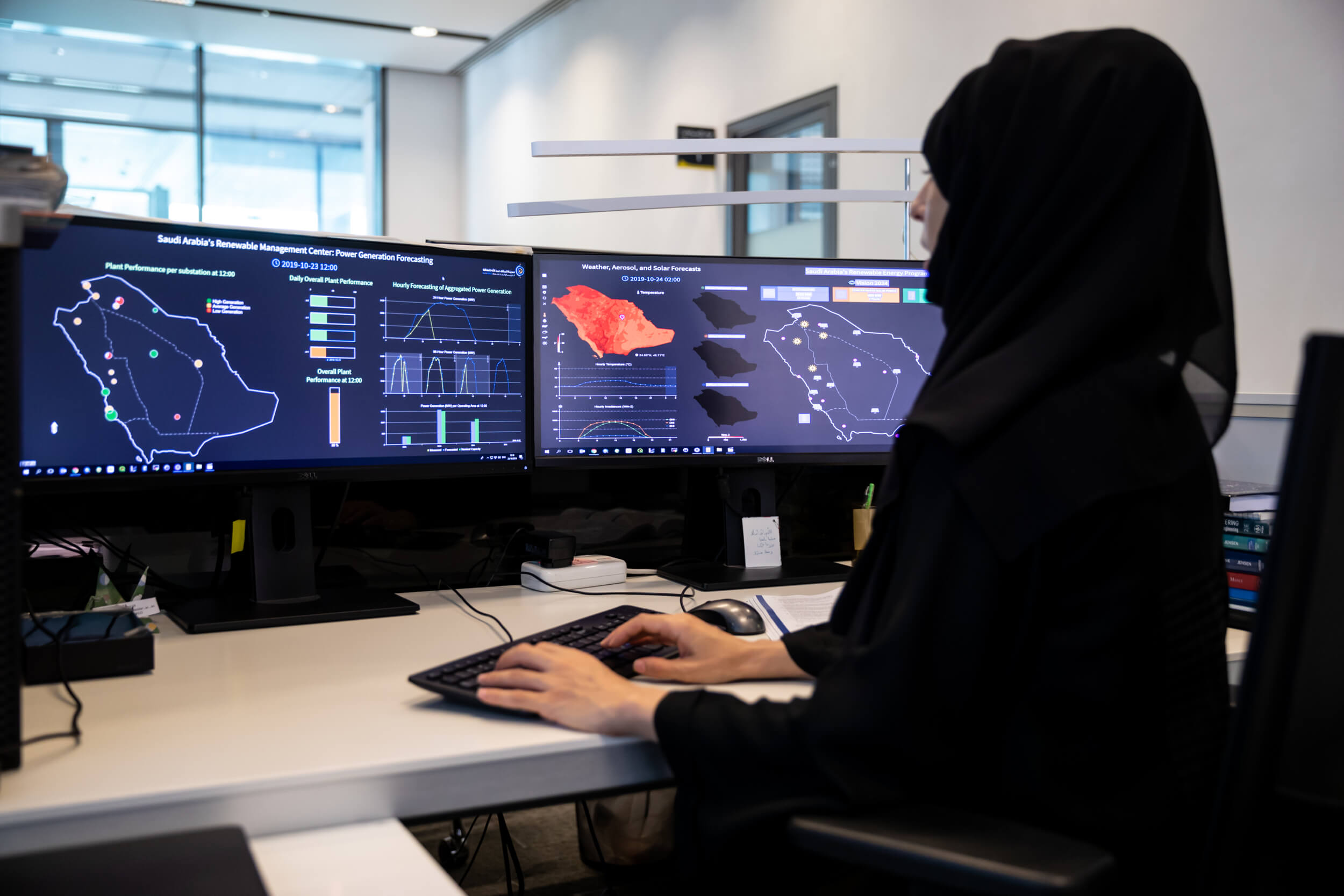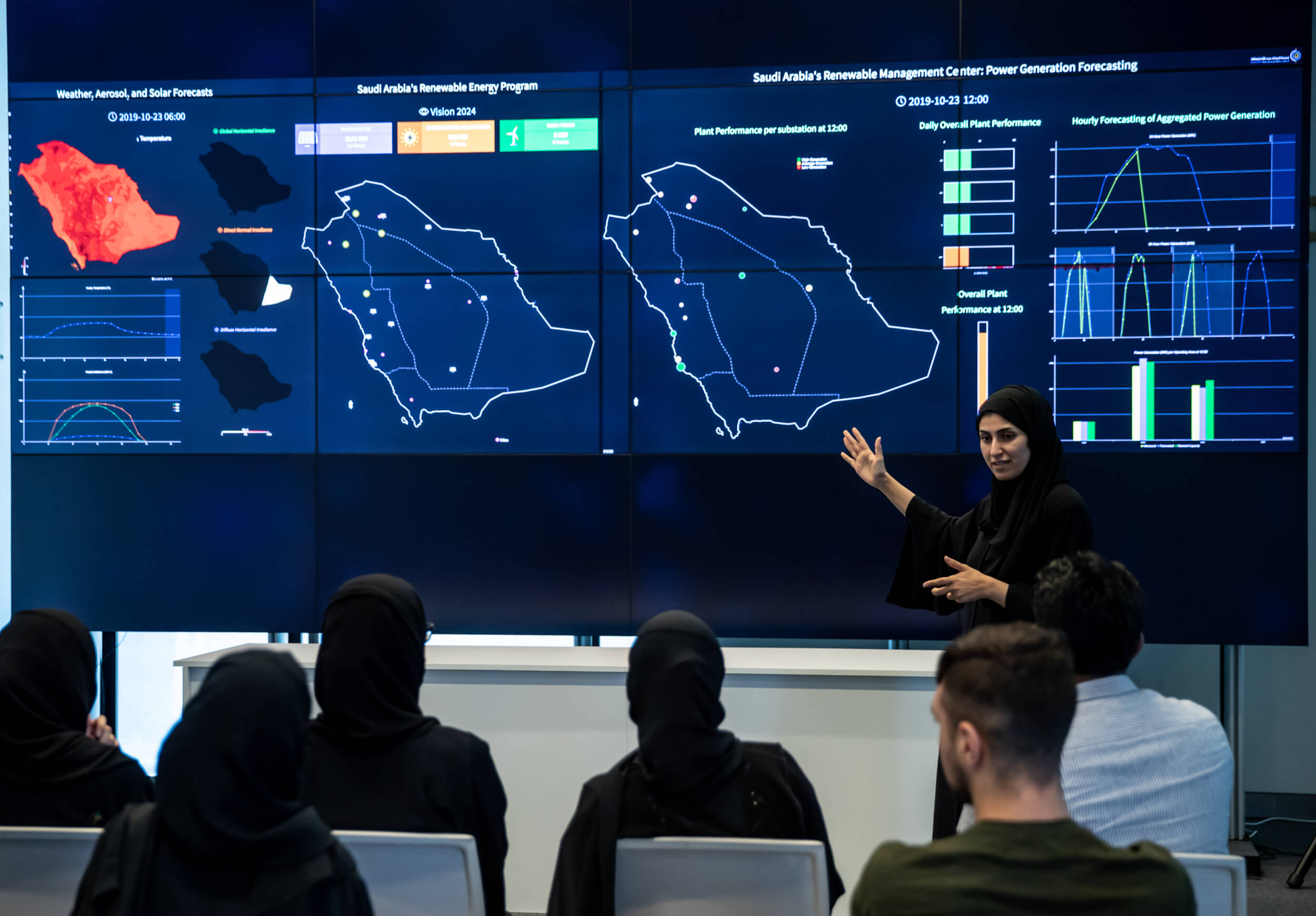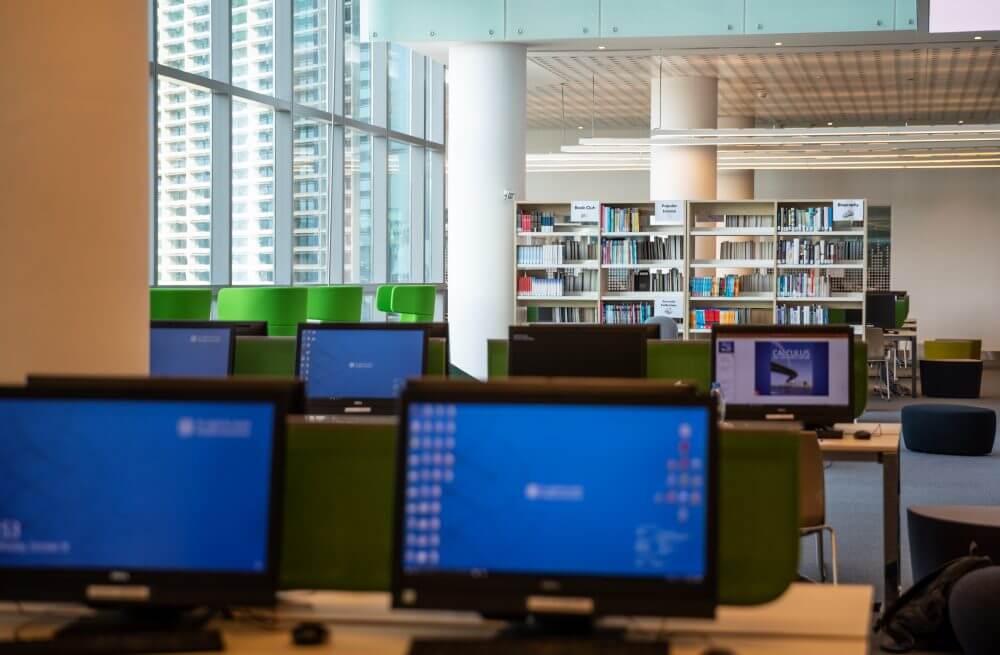Program Provides Insights into Environmental Performance of Commercial Aviation and Advanced Technologies to Help Industry Grow Sustainably
Abu Dhabi-UAE: 7 December 2011 – Masdar Institute of Science and Technology, an independent, research-driven graduate-level university focused on advanced energy and sustainable technologies, today announced 14 of its students and a faculty member attended the ‘Airplanes 201 – Aviation and the Environment’ course organized by The Boeing Company in Abu Dhabi.
The advanced half-day course provided students with insights into the environmental performance of commercial aviation and advanced technologies that allow the industry to grow sustainably. Dr. Sgouris Sgouridis, Assistant Professor – Engineering Systems and Management, Masdar Institute, accompanied the 14 students.
The Boeing officials who led the event included Bill Glover, Vice-President for Environment and Aviation Policy; Richard Wynne, Director for Geopolitical and Policy Analysis; Darrin Morgan, Director of Sustainable Biofuels Strategy; and Terrance Scott, Environment and Aviation Policy Communications. They presented modules that focused on various aspects of environmental stewardship in the aviation industry, highlighting its efforts to reduce the environmental footprint of commercial aviation, aircraft technologies and recycling, as well as an overview of sustainable aviation biofuel development.
Masdar Institute is already pursuing research in sustainable aviation policy and on materials and biofuels related to aviation emissions reduction. Thus, the course was more relevant to the 14 students, who were chosen on the basis of their relevant research interests from among a pool of interested graduates.
Dr Joe Cecchi, Provost, Masdar Institute, said: “The participation in the course is a knowledge sharing initiative that aims to engage the students with industry leaders. We express our sincere appreciation to Boeing for inviting our students, who were able to gain insights from the technical experts on key areas of advanced and sustainable technologies in the aviation industry. Masdar Institute will continue to actively seek the right avenues and forums that bring academic and professional benefits to students. We are confident the student participants will put into practice the novel concepts and the theories they learnt at the course and offer our gratitude to the country’s leadership for providing the students such opportunities to expand the scope of their knowledge.”
Dr. Sgouris Sgouridis said: “The course offered truly remarkable insights into the commercial airplanes industry and some of the measures the aviation leaders implement to maximize use of sustainable products. The highly technical modules also provided a greater understanding of the subject that will positively help the students in their research activities. We are grateful to Boeing for extending our students an opportunity to participate in the program.”
Bill Glover, Vice-President for Environment and Aviation Policy, Boeing, spoke about ‘Environmental Stewardship’ that included operations, as well as commitments and transparency, while the session on ‘Commercial Airplanes Environmental Overview’ was split into three parts. Glover covered ‘Global Climate Change Discussion’, separating fact from fiction, the role of aviation in climate change, as well as regional business and regulatory issues.
Analyzing the second part titled ‘Environmentally Progressive Products’, Richard Wynne, Director for Geopolitical and Policy Analysis, Boeing, spoke about areas including design, manufacturing and lifecycle considerations, progressive technologies and products, the role of composites and their environmental benefits, as well as environmental performance of existing aircraft Industry leadership through working with airlines and industry partners.
Wayne also led the third part titled ‘Quiet, Clean and Efficient Air Transportation’ that included topics such as operational challenges, air traffic management and operational opportunities, airport noise overview and quiet noise technologies. Then the floor was opened to questions that witnessed an enthusiastic exchange of ideas and knowledge sharing by the professionals and the student participants.
The post-lunch module on ‘Aircraft Recycling’ was presented by Terrance Scott, and the day concluded with the session on ‘Sustainable Aviation Biofuel’ offered by Darrin Morgan. Earlier Terrance Scott opened the proceedings, offering an overview of the course and the company’s keen interest in raising awareness about its policies on sustainability and biofuel.
Boeing frequently offers educational programs about aviation and commercial airplanes to the media, members of the aviation industry and aviation enthusiasts around the world. In 2010, the company organized the ‘Airplanes 101’ course, which was attended by more than 100 journalists and aviation industry professionals from the Middle East region.
Boeing is already working with the Masdar Institute, Etihad Airways and Honeywell’s UOP to establish the Sustainable Bioenergy Research Project (SBRP) that will use integrated saltwater agricultural systems to support the development and commercialization of biofuel crops for aviation and other uses.
Established in collaboration with the Massachusetts Institute of Technology (MIT), Masdar Institute integrates theory and practice to incubate a culture of innovation and entrepreneurship, working to develop the critical thinkers and leaders of tomorrow. With its world-class faculty and top-tier students, the Institute is committed to finding solutions to the challenges of clean energy and climate change.


